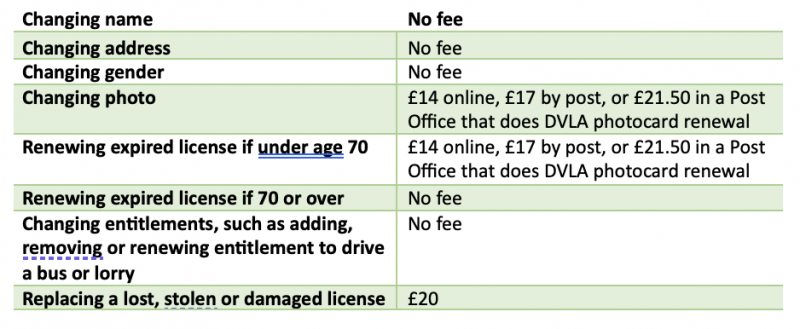Research shows that older people are more likely to be targeted by scammers, but why is this the case?
Age UK Research
Research for Age UK found that 43% of people aged 65 and over believe they have been targeted by scammers. This is a huge amount of people who have been exposed to scams, but age is not the only factor at play…
Of those aged 65+ who were targeted by scammers:
- 27% of those who were single responded compared to 9% of those who were married
- 16% of those who were single paid scammers money compared to 6% of those who were married
- 22% of those who were single provided personal information compared to 2% of those who were married
Why Are Older People More Likely to be Targeted?
“Age UK is warning that, although anyone can be scammed, the fact that many older people live alone and/or with cognitive impairment leaves them more at risk of being targeted” – Age UK
Elderly people can be disproportionately targeted by scammers due to being more likely to face social isolation and loneliness, making them more likely to fall for scammers’ advances.
Some people who are older may also suffer from things like dementia, which can make them more susceptible to various types of fraud and scams.
Protecting Yourself
Age UK’s Take Five to Stop Fraud Campaign urges older people to…
- STOP – take time to stop and think before parting with your money or personal/financial information
- CHALLENGE – question whether it could be fake. Don’t let anyone rush you to make decisions, and remember it’s okay to reject or ignore any requests that are made of you
- PROTECT – contact your bank immediately and report it to Action Fraud if you think you may have fallen victim to a scam
These steps are really important to take, as these could help to protect you from financial harm and to maintain that sense of safety that you have every right to feel in your own home.
Unfortunately, many who are impacted by scams don’t just suffer the financial impacts, but also take a knock to their mental and emotional wellbeing, experiencing shame, embarrassment and anxiety. This makes it all the more important to speak out and get help if you think you have been scammed, because you are not alone and it is not your fault.
Contact your bank, Action Fraud, your family, your friends, or any other person your trust.

